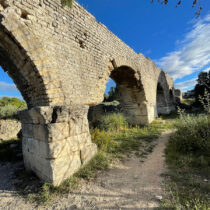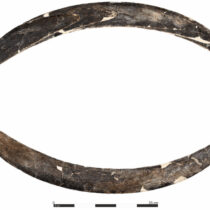The one-day symposium entitled “Cyborg Classics” will be held at the University of Bristol, on Friday July 7th2017. The interdisciplinary symposium is sponsored by BIRTHA (The Bristol Institute for Research in the Humanities and Arts).
The keynote speakers are: Dr Kate Devlin (Goldsmiths), Dr Genevieve Liveley (Bristol) and Dr Rae Muhlstock (NYU).
The aim of the day is to bring together researchers from different disciplines – scholars in Archaeology & Anthropology, Classics, English, History, and Theology as well as in AI, Robotics, Ethics, and Medicine – to share their work on automata, robots, and cyborgs. Ultimately, the aim is an edited volume and the development of further collaborative research projects.
Indicative key provocations include:
-To what extent do myths and narratives about automata, robots, and cyborgs raise questions that are relevant to contemporary debates concerning robot, cyborg, and AI product innovation?
-To what extent, and how, can contemporary debate concerning robot, cyborg, and AI product innovation rescript ancient myths and narratives about automata, robots, and cyborgs.
-Can interdisciplinary dialogues between the ‘soft’ humanities and the ‘hard’ sciences of robotics and AI be developed? And to what benefit?
-How might figures such as Pandora, Pygmalion’s statue, and Talos help inform current polarized debates concerning robot, cyborg, and AI ethics?
-What are the predominant narrative scripts and frames that shape the public understanding of robotics and AI? How could these be re-coded?
Scholars working across the range of Classics and Ancient History (including Classical Reception) and across the Humanities more widely are invited to submit expressions of interest and/or a title and abstract (of no more than 250 words) to the symposium coordinator, Silvie Kilgallon ([email protected]). PhD students are warmly encouraged to contribute. The deadline for receipt of abstracts is May 31st, 2017.





